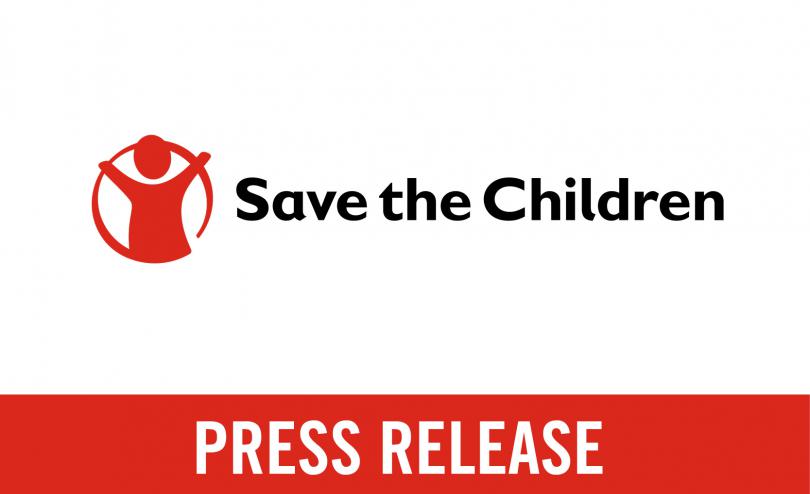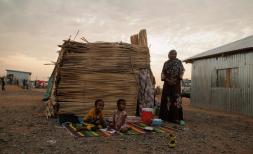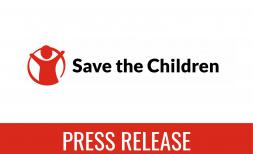10 Tips To Keep Children Safe During a Heatwave

With Britain set to see its hottest day on record, wildfires in France, Portugal, Spain and Greece, and the United States bracing for another heatwave, Save the Children experts offer 10 tips to keep children safe in surging temperatures.
Research by Save the Children has found that children born today will on average face seven times more scorching heatwaves during their lives than their grandparents and 2.6 times more droughts, with parts of the Horn of Africa currently crippled by four consecutive failed rainy seasons.
Here are 10 tips to keep children safe in surging temperatures:
- Never leave children unsupervised in parked cars.
Even in less threatening temperatures, vehicles can rapidly heat up to dangerous temperatures. A child left inside a car is at risk for severe heat-related illness or death, even if the windows are cracked open. - Stay informed.
Listen to local news and weather channels for health, safety and weather-related updates, including heat warnings, watches and advisories. Follow the guidance from local officials. - Light clothing, heavy sunscreen.
Choose lightweight, light-coloured, and breathable fabrics such as cotton, as well as broad-spectrum sunscreen with protection from both UVA and UVB sun rays to protect you and your child from the heat and potential sun-related skin damage. Hats and umbrellas can be used to limit exposure to harmful rays. - Drink lots of fluids.
Remember to drink plenty of liquids, regardless of your activity level. Check your baby’s nappy for concentrated or dark in colour urine, which can indicate dehydration. Fluids should be drunk before, during and after being exposed to extreme heat. Also avoid hot meals as they may increase body heat. - Know how to identify heat-related illnesses.
Learn symptoms and signs of heat-related illnesses/conditions such as heat stroke, exhaustion, cramps, and severe sunburn. If children show these symptoms, seek medical assistance immediately. Refer to your local health department for a complete list of health conditions caused by extreme heat exposure, and how to remedy them. - Keep children entertained.
Children may become anxious or restless from being kept indoors. Plan for indoor activities and games. Playing in a paddling pool is a good way to keep children cool, ensure the pool is kept under the shade during hot weather and at all times watchfully supervise children. - Reassure children.
Children may be afraid or stressed by effects of the heat, such as seeing dead animals. Remember that children take their cues from their parents and caregivers, so try to keep calm and answer their questions openly and honestly. Also stick to regular bath and sleep times for your child. - Seek shelter in cool places.
During the day, keep rooms cool by closing blinds/curtains, especially in rooms facing the sun. Using a fan to circulate air in the room is beneficial. Review your child’s school sun policy. - Get lots of rest.
Strenuous activities should be reduced, eliminated or rescheduled to the coolest time of the day. Make sure that children get lots of rest when they are active. - Pay special attention to the needs of babies
Give your baby a cool bath before bedtime, keep nightwear to a minimum and if your baby kicks and pushes off covers during the night consider putting them in just a nappy with a single well-secured sheet, that will not work loose, cover their face or get entangled during the night. Your baby will sleep most comfortably at room temperature between 16C and 20C, a nursery thermometer will help you monitor the temperature of the baby’s room.
For additional information view WHO Heatwave advice.




